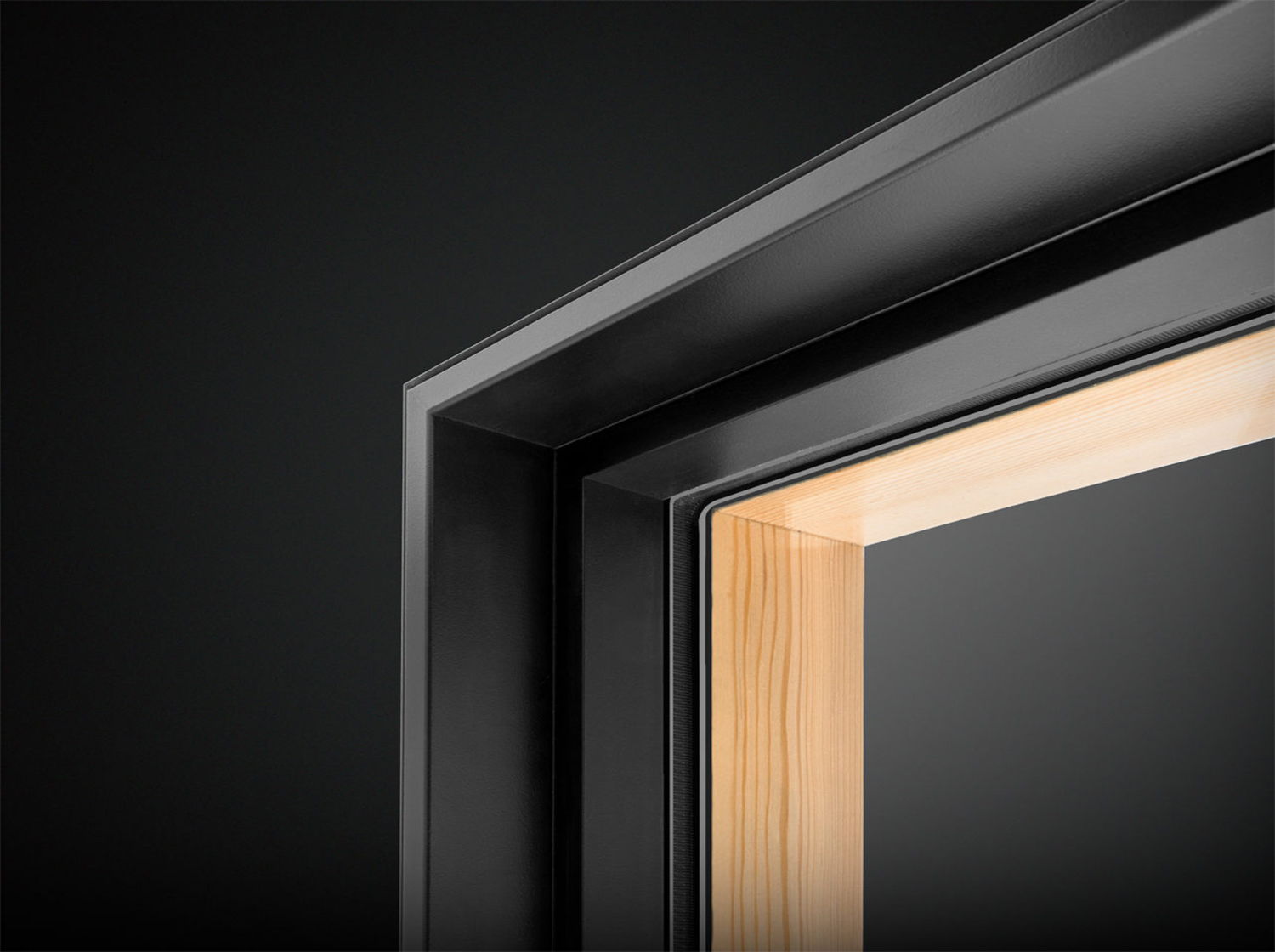Choosing Aluminum Over Wood: The Case for Modern Materials
Author:Jayminton Time:2024-07-31

In the realm of construction and design, the choice of materials often defines not only the aesthetics but also the functionality and longevity of the end product. Traditional materials like wood have long been favored for their natural appeal and versatility. However, in recent years, aluminum has emerged as a compelling alternative, offering a host of advantages that make it a superior choice in many applications.
Strength and Durability
One of the primary reasons to opt for aluminum over wood is its exceptional strength and durability. Aluminum is a robust material that can withstand harsh weather conditions, including rain, snow, and sunlight, without warping, cracking, or rotting. Unlike wood, which is susceptible to insect damage and decay over time, aluminum maintains its structural integrity for decades with minimal maintenance. This durability makes aluminum ideal for outdoor structures such as patio furniture, fencing, and even entire buildings where resilience against the elements is crucial.
Lightweight and Easy to Handle
Despite its strength, aluminum is remarkably lightweight compared to wood. This characteristic simplifies transportation, handling, and installation processes, reducing labor costs and logistical challenges. Builders and manufacturers appreciate aluminum for its ease of manipulation, allowing for intricate designs and customization without the bulkiness associated with wood. This lightweight property extends to everyday usability, making aluminum furniture and fixtures easier to move and rearrange as needed.
Sustainability and Environmental Impact
In an era increasingly concerned with sustainability, aluminum stands out as a responsible choice. Unlike wood, which involves logging and deforestation, aluminum is typically made from recycled materials. Its recyclability rate is exceptionally high, with recycled aluminum retaining its quality and properties nearly indefinitely. Choosing aluminum over wood contributes to reducing environmental impact and promotes a circular economy where materials are reused rather than discarded after initial use.
Maintenance and Longevity
Maintenance requirements play a significant role in material selection, particularly for long-term investments such as residential or commercial buildings. Aluminum's resistance to corrosion and weathering significantly reduces maintenance costs over its lifespan compared to wood, which requires periodic staining, sealing, and repairs to maintain appearance and structural integrity. This low-maintenance aspect makes aluminum a cost-effective choice in the long run, sparing owners and managers from ongoing upkeep expenses.
Design Flexibility and Modern Aesthetics
Beyond practical considerations, aluminum offers unparalleled design flexibility and modern aesthetics. Advances in manufacturing techniques allow for sleek, minimalist profiles and a range of finishes that complement contemporary architectural styles. Whether used in windows, doors, or interior decor, aluminum enhances visual appeal while meeting functional requirements. Its adaptability to various design concepts and its ability to integrate seamlessly with other materials make aluminum a preferred choice among architects and designers seeking innovative solutions.
Conclusion
While wood has a timeless appeal and remains indispensable in certain applications, the advantages of aluminum make it a compelling alternative across various industries. From residential construction to industrial design, aluminum's strength, durability, sustainability, and aesthetic versatility position it as a material of choice for forward-thinking projects. As we continue to prioritize efficiency, sustainability, and durability in construction and design, aluminum stands out as a modern solution that meets and exceeds expectations. Choosing aluminum over wood represents not just a practical decision but a commitment to innovation and responsible stewardship of our resources.

 S1 Clip-in Metal ceiling System
S1 Clip-in Metal ceiling System JMT-L4.2 U-Baffle System
JMT-L4.2 U-Baffle System JMT Aluminum Wall Cladding
JMT Aluminum Wall Cladding Aluminum Honeycomb Panel
Aluminum Honeycomb Panel Air-Condenser Cover
Air-Condenser Cover Metal Heat Cover
Metal Heat Cover Singapore Changi Airport T2 Arrival
Singapore Changi Airport T2 Arrival Australia Marvrl Stadium City Edge
Australia Marvrl Stadium City Edge Enterprise Information Announcement
Enterprise Information Announcement Construction Industry Solutions
Construction Industry Solutions About Jayminton
About Jayminton Contact US
Contact US